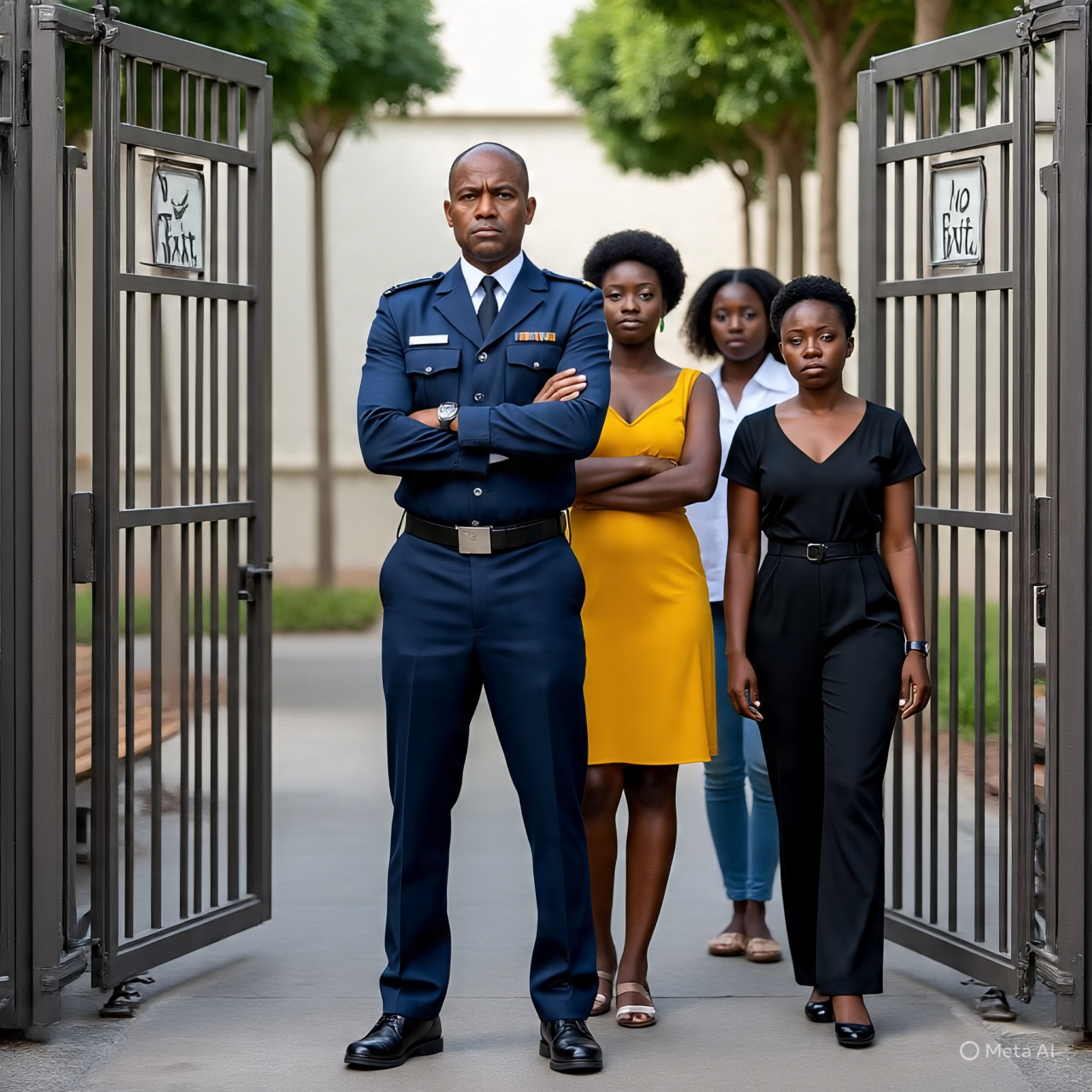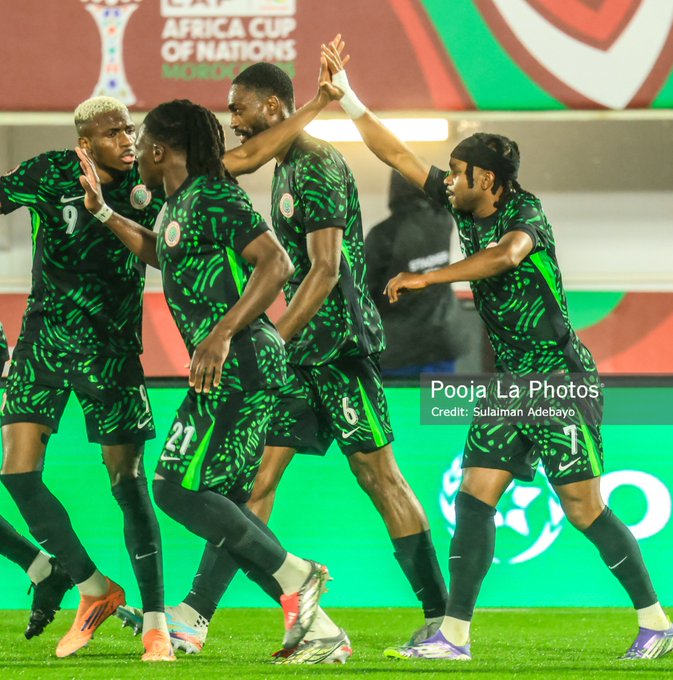I remember one social studies class I had in Secondary school, sometime in 1984 with Mrs. Majoroh as teacher.
In that class, she taught us about the Olympic Games. I want to believe now that it was in the run down to the 1984 Games hosted by Los Angeles. She had those five interlocking circles drawn on the blackboard and told us how it represented the five continents of the world- Asia, Africa, Europe, Americas and Oceania. Yes, at that time the World had five continents, as they taught us.
But most importantly, she told us about the Olympic spirit and how the games were not necessarily about winning, but about participation.
We must applaud Team Nigeria and others
There has been an outcry by Nigerians on social media regarding the country’s inability to win a medal at the games. However, we must first applaud the country for participating in the games. Isn’t this what the Olympic spirit is about?
Nigeria took a team to the games, there was a lot of networking, sharing of ideas, making of new friends, new partnerships established, and most of all, Nigeria was part of the League of Nations that took part in the biggest sporting event in the world. We, as Nigerians, should first celebrate this.
But why are Nigerians even disappointed that the country did not get a medal? What are the indices used to measure the country’s ability to get medals?
A fellow in Port Harcourt, who may have been suffering from some disorder, Bright Nnadozie predicted that these would be Nigeria’s best Olympic Games ever and promised Nigeria was going to end up with 6 Gold, 4 silver and 4 Bronze medals. He called a few radio shows to push his claim. Right now, he is on the verge of a mental breakdown as he cannot explain what went wrong.
He who expects nothing is never disappointed
The question that beggars belief is, “Why were Nigerians so optimistic that the country would win medals? Wishful thinking? The effect of prayers? Luck? Or we are just mad people all round? Because there was nothing in our preparations that showed we were going to win, nothing!
According to www.BrioLeisure.org, “Some have said that it takes approximately 10 years and 10,000 hours to reach that Olympian standard! This is why most athletes are relatively young – they’ve been taking part since they were children and worked their way up to this competitive level.”
significantly, depending on the sport, but most Olympic athletes must train intensively for 4-8 years to reach the level of skill and fitness required.
A 2008 article in Forbes says that it’s common for Olympic athletes to spend “four to eight years training in a sport before making an Olympic team.” They plan out their training schedules years in advance so that they can work towards and hit specific goals.
Again, though, the amount of practice depends on the athlete. USA gymnast Simone Biles has previously said that she trains for 32 hours a week, with one day off. Gymnast Gabby Douglas has said she trains from 8 a.m. to noon, takes a break for lunch, and then continues training until dinner.
Michael Phelps told CNN that he used to practice every single day in the pool for three to six hours, doing separate exercises on dry land four to five days a week. Cyclist Kristin Armstrong has said she rides 20 to 25 hours a week, practising for 10 days before taking a break. Before the 2012 London Olympics, a study came out that said some athletes had put in 10,000 hours of practice before the Games.
Let me just give you some time to let this sink it. Ten years and about ten thousand hours of a spelled out training regime, which includes, training, rest, diet, medicals, gym work, reading, a complete package.
Ten years ago was August 2014. So, can anyone sincerely tell me what our athletes at these Olympic Games were doing then?
Yes, I understand that these things are not cast in stone, but luck and prayers cannot take the place of preparations, can it?
So, we did not plan, we were not organised? Our athletes were not registered in events they thought they had a chance in, some did not have equipment for events they took part in, yet we were supposed to win ahead of the likes of the Americans, the Chinese, the Jamaicans and the British.
You all are a funny lot.
Accidental wins have destroyed Nigeria
In Nigerian sports history, we have had a few accidental wins, and these wins began to make us believe that we can win, just by appearing for the event.
Nigeria’s first major sporting honour was winning the trophy at the AFCON in 1980. What was the strategic planning put in place to win, or was our home advantage primarily a factor? I will not even attempt to take anything away from the team, the coaches and the football played in those five games, but can anyone from the Nigeria Football Association come out and say what they did to ensure Nigeria won the AFCON?
Nigeria’s first major football honour on the world stage was winning the FIFA U16 World Cup in 1985, another accidental win, because, even the way the players captained by Nduka Ugbade left Nigeria for the World Cup like a group of Internally Displaced People showed that even the NFA officials were going there just to participate.
I can go on and on with these examples of how Nigeria has had accidental victories. Perhaps, one win that was not accidental was the AFCON win of 1994, and to an extent, the win of 2013 (though, in this case, it was more of Keshi having a plan, than the NFF).
So, Nigeria has always won, either because Chioma Ajunwa made a surprise gold medal-winning jump that she or any other person never got close to and got the long jump gold in 1996. Her first jump was 7.12 metres, the one that won the gold. Neither she nor any of the other athletes got close to it. Her other jumps were 6.99, 6.85 and 8.84. Or was it Daniel Amokachi, Nwankwo Kanu, Emma Amunike and their teammates that took matters in their own hands to get us the football gold in the same 1996.
Because of these accidental wins, Nigerians got very lazy and entitled to think that the country can just pack athletes in an aeroplane, travel to sporting events without any plan to win, except asking Nigerians to pray for them, then then praying, themselves that they would win.
Then it brings me back to the previous question that I have asked Bright Nnadozie and other Nigerians all over social media. What did you see as, and what were the indices used in measuring Nigeria’s preparation that you were hoping so much for medals in Paris that you got disappointed and almost sank into depression when we did not get anything?
This is because Nigerians amaze me so much more every day that passes.
I expect the sports minister to say in a few days these words, “Preparations for the next Olympics in 2028 begin immediately. We have learnt our lessons and we are determined to win as many medals as possible in Los Angeles in 2028. Preparations will begin right away.”
But we heard this in 2021, and 2016, and 2012 and just after every big sporting event Nigeria has failed at.
So, the question is, why do we always expect something out of nothing?








